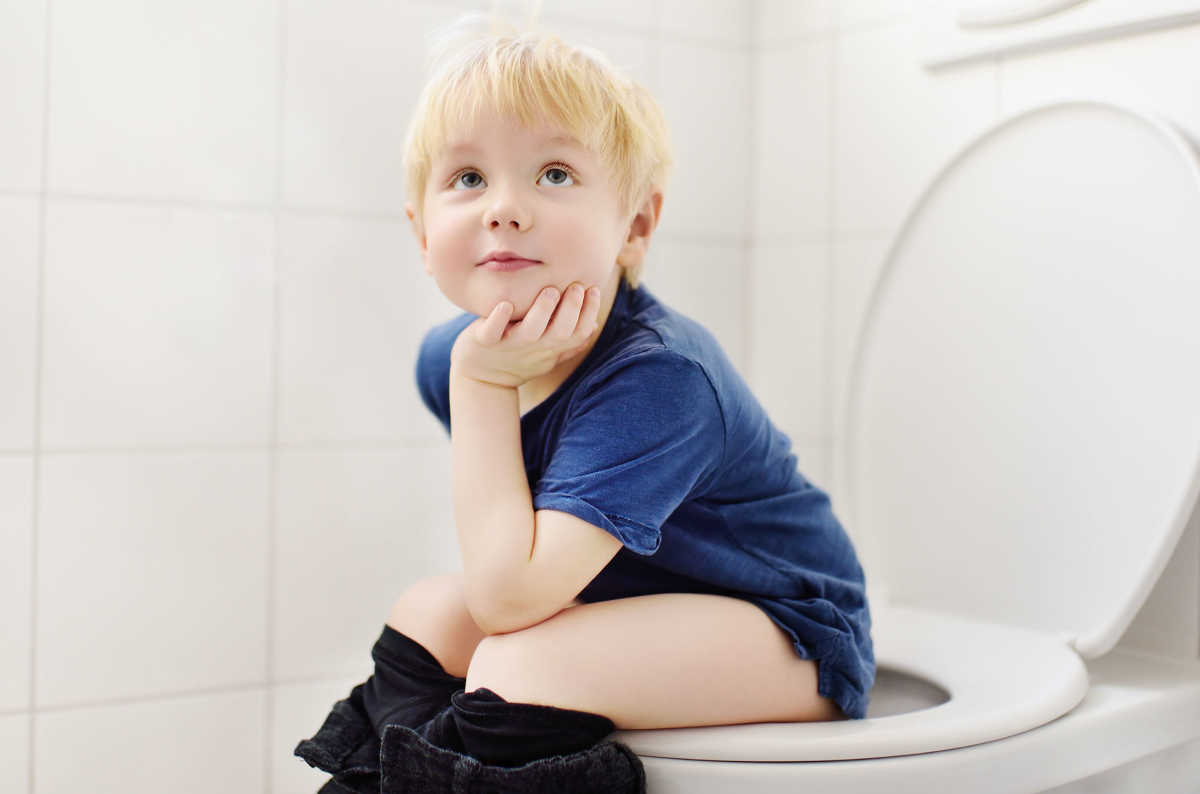Back
Pediatric Pelvic Health Physical Therapy
By Dr. Zarina Vitebsky, DPT, MSPT, PRPC, TPS, LPF, DN on 1/16/2023

Pediatric pelvic floor physical therapy is a specific type of physical therapy for children with challenges related to their pelvic floor muscles, or the muscles that are responsible for pelvic organ support and that assist in bowel and bladder control.
Kids don't like wetting the bed any more than parents like dealing with soiled linens. For the child, bed-wetting may be a source of humiliation. For parents, it's a test of patience.
By age six, 90 percent of kids stay dry all night. That's small consolation for the children, mostly boys, who continue wetting the bed and must suffer the consequences, such as being unable to attend a sleepover party.
Having a child experience difficulty with bowel/bladder control can be an emotional situation for both the parent and child. It is often difficult to understand the dysfunction as a parent and frustrating not knowing how to help. Children are often left feeling shame and embarrassment, which can sometimes lead to behavioral changes.
There are three contributors to bedwetting:
Bladder capacity (how much the bladder can hold)
Urine volume (how much urine is made)
Arousal (ability of the bladder to wake up the brain)
If a child is beyond the age expected for acheiving bladder control, they may be experiencing a variety of dysfunctions including overactive bladder, underactive bladder, vaginal reflux, urge or stress incontinence, voiding postponement, dysfunctional voiding, or bowel-bladder dysfunction.
25% of children between the ages of 4 to 14 experience constipation. There are multiple reasons for pediatric constipation: slow motility ( slow intestinal movement), tight pelvic floor muscles, weak pelvic floor muscles, tight back muscles pulling on pelvic structures, tight diaphragm causing shallow breath, poor sitting posture on the toilet, tight hips and pelvic pain that causes the child to avoid moving the bowels due to pain. Chronic constipation may also cause bladder pain, pressure or incontinence.
Physical therapy has proven to be a helpful addition for children and their families already seeking treatment for:
Incontinence, lack of voluntary control over urination or defecation
Enuresis or Nocturnal Enuresis, involuntary urination, or involuntary urination at night.
Encopresis, involuntary soiling of stool or feces into clothing
Chronic Constipation, “Chronic” often refers to 3 or less bowel movements per week
Painful Bowel Movement, this is usually due to chronic constipation and can often times result in emotionally negative experiences in the bathroom.
Pelvic Pain, discomfort in the pelvic region (or the lower aspect of the abdomen, genitals, or anus).
Millions of children suffer from pelvic floor dysfunction and are often not getting the right help. We can help parents and children understand the pathology and anatomy of the pelvic floor muscles and how they relate closely to the bowel and bladder systems. Education is a key component to a successful rehab program, especially when working with children. We will collaborate closely with your child’s physician or specialist in order to come up with a comprehensive approach.
Our specialists at The Pelvic Health Center offer a variety of treatment techniques and modalities to manage and overcome the painful and debilitating effects that can result from these conditions.
We have specialized training in pediatric pelvic floor therapy & will examine the muscles of the abdomen and pelvis with a parent present. Treatment often consists of muscle retraining, biofeedback, patient and family education, behavior and diet modification, soft tissue massage, stretching and strengthening of the pelvic floor and surrounding muscles, and a home exercise program. Experts at the Pelvic Health Center are specifically trained to work with your child. Do you still have questions about your child’s pelvic health? Contact us at contact@pelvichealthnj.com or call 908-443-9880.
Read More:
How Chronic Pelvic Congestion in Men Contributes to Prostatitis By Shannon Strauch, PTA, STMT-1 on 12/11/2024 How lymphatic issues can cause symptoms of prostatitis Prostatitis and Tight Pelvic Floor Muscles: A Comprehensive Guide By Shannon Strauch, PTA, STMT-1 on 12/10/2024 How a tight pelvic floor can be the reason for prostatitis symptoms
Are you ready to live pain free?
Request An Appointment